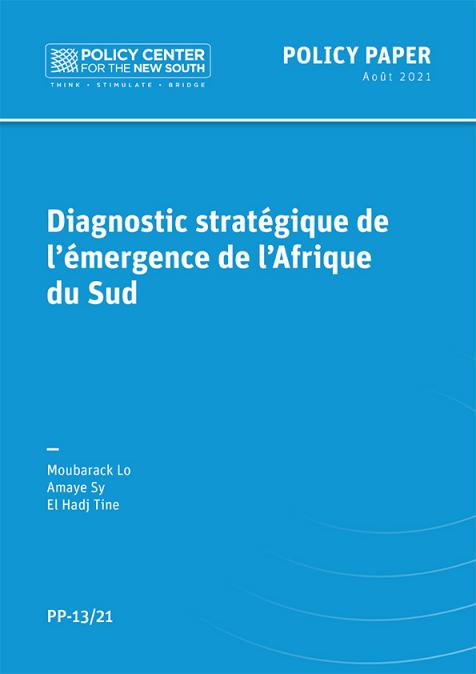Publications /
Policy Paper
Depuis 2011 et la fin de la crise post-électorale, la Côte d’Ivoire renoue avec une croissance économique spectaculaire. Le pays et sa capitale attirent l’attention d’un nombre croissant d’investisseurs, et les « classes moyennes abidjanaises » sont largement publicisées et convoitées. Parallèlement, les lieux de consommation abidjanais se sont particulièrement diversifiés et transformés. Abidjan offre de nombreuses options pour les consommateurs, qui évoluent dans un contexte compétitif de large choix, en termes de lieux, de produits et de services. Les nouveaux centres commerciaux sont, dans le sens commun, associés aux classes moyennes. Mais quelles réalités et évolutions sociales reflètent-ils réellement ?








